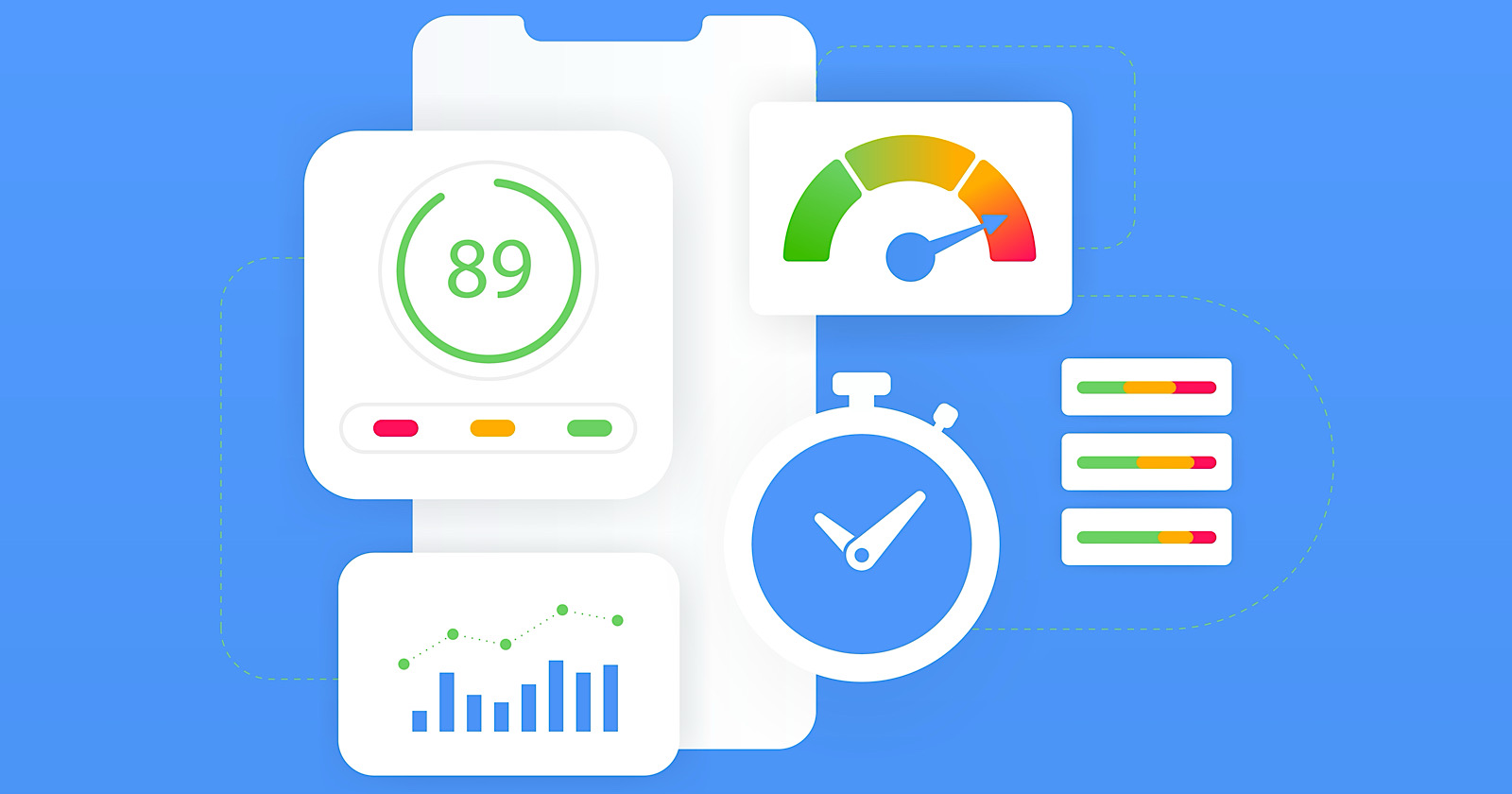
A discussion on Reddit involving Google Search Advocate John Mueller offers guidance on optimizing website performance and highlights the challenges of improving scores on Google’s PageSpeed Insights (PSI) tool.
In a recent thread, a user asked for guidance after significantly reducing image and video file sizes did not lead to better PSI scores as expected. The user said they had compressed images by 90% and videos by 80% but saw no change in how PSI graded their site’s speed.
For context, PSI is a free service Google provides to evaluate the loading speeds of submitted web pages. It analyzes elements, including images, scripts, and code, to generate a score from 0 to 100 and provide recommendations on boosting performance.
With page speed being a concern for search engine optimization (SEO) and user experience, achieving a high PSI score is a priority for many people working on websites.
Beyond reducing image file sizes so they load faster, here’s what Mueller recommends to improve your score.
Mueller’s PSI Optimization Tips
To improve PSI scores, Mueller first recommends conducting a test to determine the impact of individual elements on your website.
He explains that you can temporarily place one component, like an image or video, on a noindex page excluded from search results.
Mueller states:
“What I usually do when I work on things like that is to simplify things on a noindex’ed test page as much as possible. Just include one of the elements that you’re worried about, and try things out there. That way, you can isolate specific changes and determine their individual effects, before you do everything together.”
